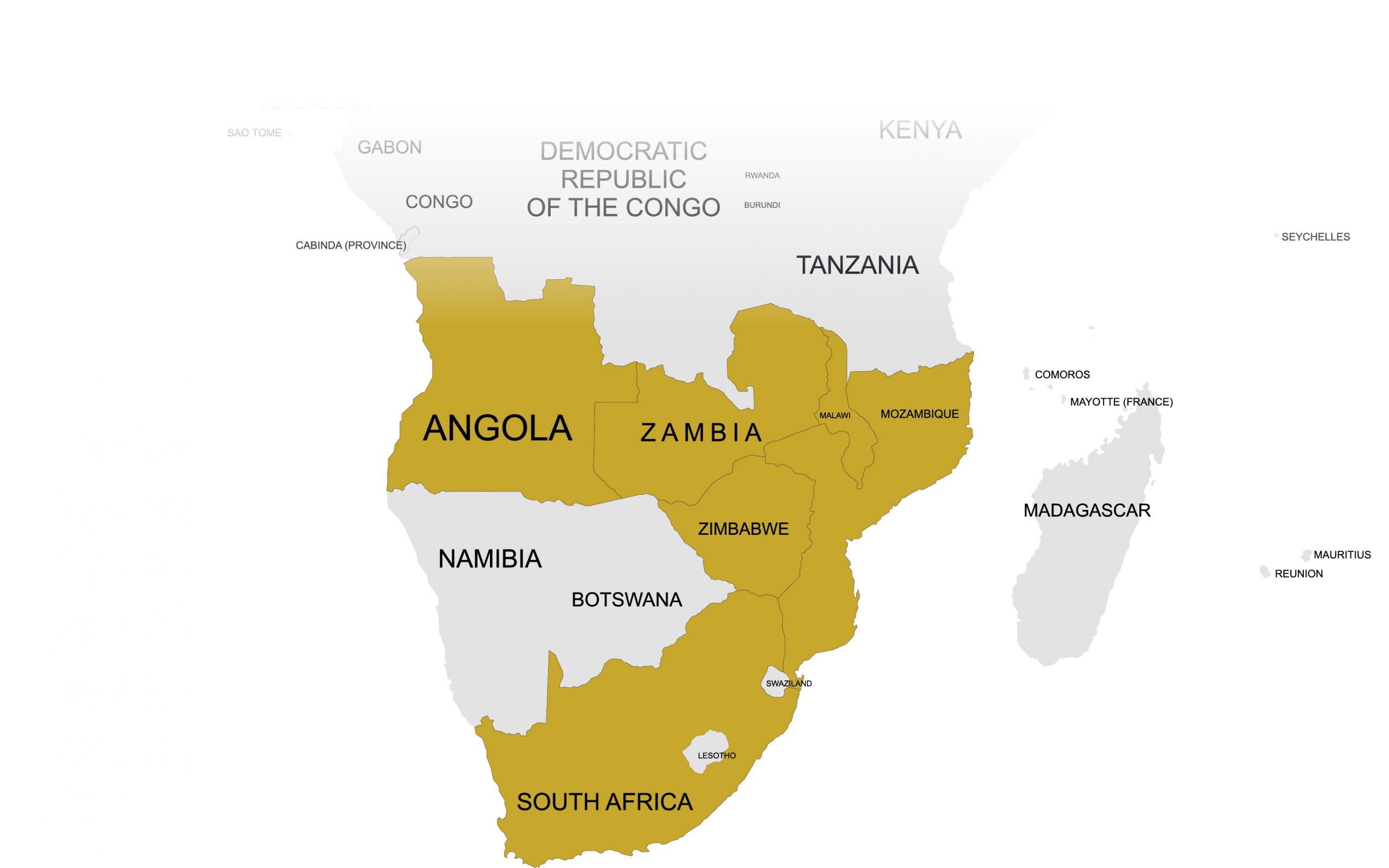
Effects of the epidemic in Southern Africa Province
The Covid-19 pandemic has had significant impact on community life of the countries that make up the Province of Southern Africa (Angola, Malawi, Mozambique, South Africa and Zimbabwe). Here we share an overview of how Marist communities are coping with the pandemic. You can read a complete report in the latest Province’s Bulletin.
South Africa
The Community in Johannesburg was in complete lockdown for a very long time as most of the Brothers there are vulnerable. They have had to adjust to attending Masses online, and mostly on Sundays. Since July, however, the Jo’burg community has celebrated the Sunday liturgy on Saturday evenings.
In relation to the apostolate, the Marist School Council (MSC) and Custodians have been working together to ensure that schools continue to run online learning programs. Parents were given an option of either bringing their child to school or allowing the child to follow the same classes online live as they are taught.
Teachers and pupils are screened daily as they enter their school. Teachers, support staff and pupils have received COVID19 protocol training before the resumption of school.
The financial impact has been huge. The Marist’s schools rely on the regular payment of school fees by parents, many of whom have lost income during lockdown. Schools have had to redo their budgets.
Two schools have been exempted from paying the levies to the Brothers: Sacred Heart and St. Henrys. Loan repayments have been suspended as well. The journey has not been an easy ride as staff are now doing more work than before.
Mozambique
All the Brothers in the communities (Nivava, Bilene, Manhiça and Matola Novitiate) are well.
In the first State of Emergency (beginning in March) public and private learning institutions at all levels were closed. Where possible, mostly in urban areas, learning is done using online platforms such as WhatsApp and Zoom. These means reach only a tiny percentage of students. In rural areas, online learning was unthinkable. In Bilene and Manhiça schools a few teachers used WhatsApp platform to reach students. Nivava did not have any online means for learning.
Since 1 September, all Technical and Professional Training Institutions reopened. Pre-school, primary and secondary school learners will return to school depending on the approval the Health Authority and the Ministry of Education. All Marist schools are ready to reopen although many students cannot even afford hand-outs because their parents have been unable to pay fees and full salaries cannot be paid due to the crisis.
Zimbabwe
The epidemic has forced the communities’ brothers to remain confined in their houses. Two of their communities are limited only to community services and they cannot celebrate of the Holy Mass.
Regarding the apostolate, Schools in Zimbabwe were shut down on the 24 March 2020. Two of the three schools that they run are only able to assist exam classes via online platform while the rest of the learners – who do not have internet access – are left unattended. Furthermore, Brothers feel left helpless as they cannot assist their badly hit non-teaching staff in their schools due to financial problems.
Angola
Despite lockdown, the community at Kuito has been able to have Daily Mass.
In relation to schools, these have been only partially open during this time. Teachers, either in small groups and at school, continue to evaluate the knowledge and pedagogical skills of the students.
Regarding the juniorate at Kuito, it remains open. There are nine candidates in residence. In the absence of ordinary classes at the school, the community strives to develop in the “juniors” a greater appreciation of the Marist spirit, and provides more instruction both in IT and in music.
Malawi
The Covid-19 pandemic has had significant impact on community life. However, Brothers have been able to take part in Holy Mass.
The closure of schools has significantly reduced available income, forcing communities to cut down on expenditure and suspend all projects for the time being.
Schools have remained closed since 23rd March 2020. With the high cost of internet bundles, many schools have not been able to reach out to their students through online lessons. Marist Secondary School has been offering some online lessons to its learners although only a handful attend such classes. The government plans to reopen schools in phases from 7th September.
